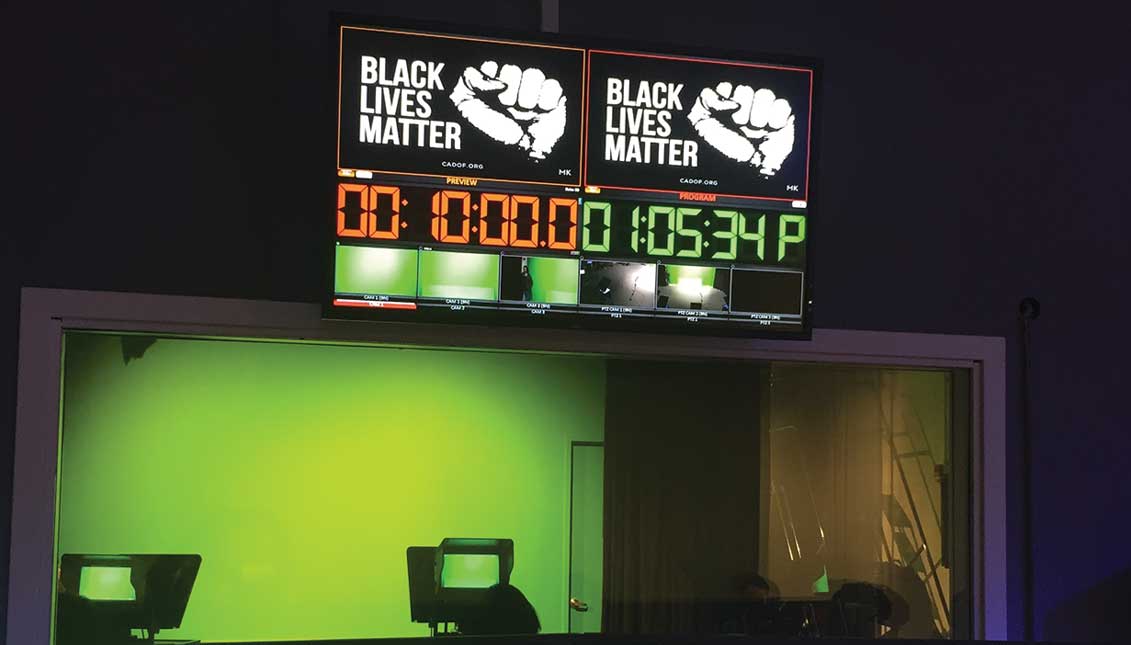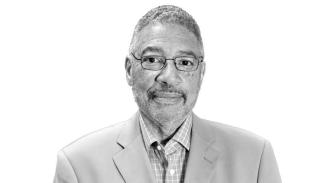
Corporate America must combat institutional racism
“Sitting While Black” is yet another facet of the discriminatory indignities endured daily by blacks and other persons of color.
The day after Starbucks closed thousands of its coffee shops across America to conduct training for its employees to increase awareness about racial biases, Holly Morales attended a program at Philadelphia’s African-American History Museum that encouraged discussions among participants about the devastating impacts of racism in daily life.
Morales, who proudly described herself as an Afro-Latin Puerto Rican, said she learned much from listening to experiences shared by attendees at that program who were predominately African-American.
Morales saw that program, where participants expressed often-suppressed feelings, as important and powerful. “It was refreshing to hear those voices,” Morales said.
One person who expressed their experience was Germyce Harris.
Harris presented a poignant account of her unusual response to discriminatory indignities she endured while shopping at hair care stores operated by persons from South Korea. Constantly followed around while shopping inside those stores as if she were a shoplifter caused Harris to shave her hair short five years ago. She now buys her hair products online.
“I had to stand up for my dignity,” Harris said during an interview about the intense scrutiny known widely as ‘Shopping While Black.’
The Stop-&-Frisk targeting Philadelphia police utilize most intensely in Center City is often called ‘Walking While Black.’
Starbucks co-sponsored that program. WURD900AM, another co-sponsor and the only African-American owned talk radio station among the 500+ radio stations in Pennsylvania, broadcast that program live.
“Being While Black” was the short title for that program, a phrase that played off a new expression: ‘Sitting While Black.’
RELATED CONTENT
That new expression erupted in the aftermath of the now infamous April 2018 arrest of two black men inside a Center City Philadelphia Starbucks.
An apparently bigoted manager at that Starbucks location near Rittenhouse Square called Philadelphia police to arrest those two black men mere minutes after they entered that coffee shop for a scheduled business meeting.
“Sitting While Black” is yet another facet of the discriminatory indignities endured daily by blacks and other persons of color.
Decades before that infamous Starbucks arrest civil rights icon Dr. Martin Luther King Jr. endured discrimination at a Center City Philadelphia restaurant, according to an account in the recently released book, “The Seminarian: Martin Luther King Jr. Comes of Age.” When King complained about an initial denial of service he received food with sand in it.
Curiously, Philadelphia’s white news media has failed to report a few critical facts about that Starbucks incident like the name of the now ex-Starbucks employee who initiated that infamous arrest (Holly Hylton) and police data that detailed an upsurge in 911 calls – particularly to remove people from that Rittenhouse Square Starbucks – after Hylton’s arrival as manager.
Richard Collins, another person at that program, injected historic context with the reminder that daily discrimination today is “nothing compared to what” his father and grandfather endured.
Some give Starbucks a passing grade for initiating efforts to address implicit bias.
Andrea Johnson, a facilitator for that program, said more corporations must follow Starbucks lead in addressing race-based inequities.










LEAVE A COMMENT: